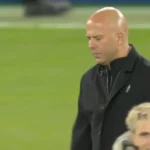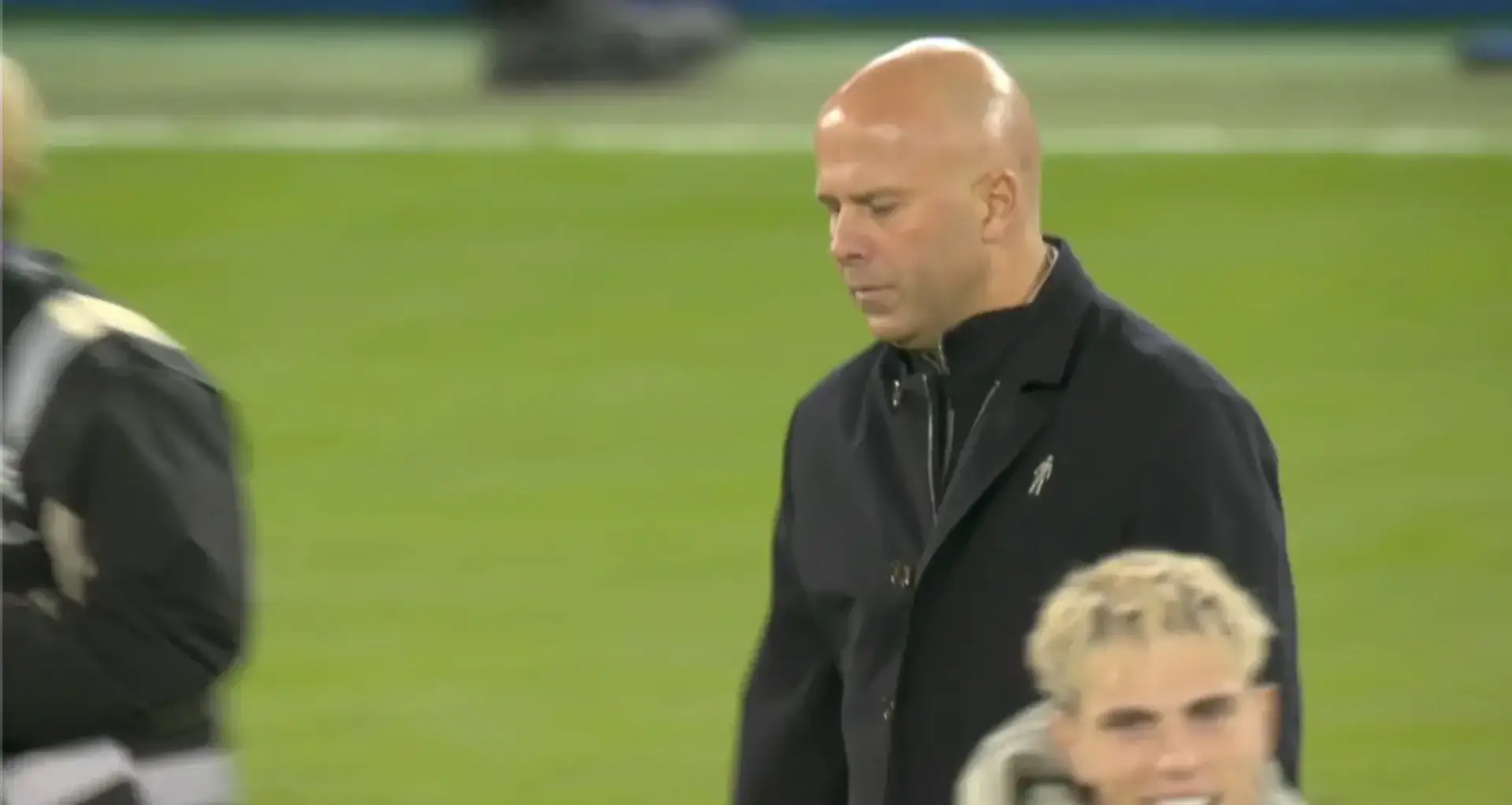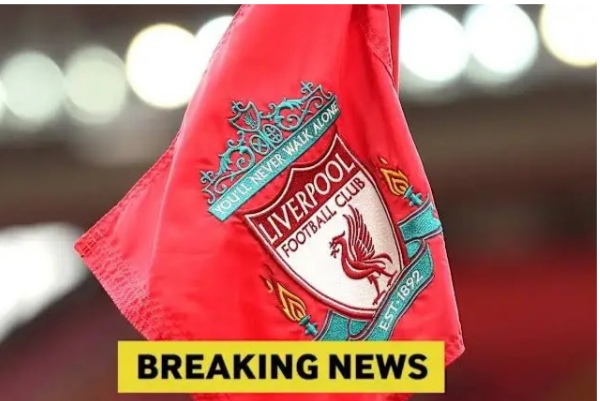When Sir Alex Ferguson stepped down in 2013, it was not just the end of an era defined by trophies and dominance; it was the dismantling of a coaching and managerial structure that had been carefully built over decades. That backroom team—one which included Mike Phelan alongside Ferguson—represented a unique blend of strengths, perspectives, and experience that modern Manchester United have failed to replicate.
Today, more than a decade on, supporters often look back not only at Ferguson’s genius but at the collective behind him. It was a team with balance: a mixture of age and youth, wisdom and fresh ideas, loyalty and tactical adaptability. More than anything, it was a group of men who understood Manchester United’s ethos, its culture, and its responsibilities to both the past and the future.
And yet, as soon as Ferguson left, United seemed to discard not just his leadership but the entire framework around him. That decision, many argue, is one of the most overlooked mistakes of the post-Fergie era.
The Power of a Balanced Backroom
When analysing Ferguson’s long reign, one of the constants was his ability to surround himself with a variety of assistants and coaches who complemented his leadership. Mike Phelan, who became assistant manager in 2008, was pivotal in maintaining continuity. Before him, figures like Carlos Queiroz, Steve McClaren, and Brian Kidd brought tactical innovation, training-ground dynamism, and personal bonds with players.
Ferguson was the leader, the figurehead, the final decision-maker. But his brilliance lay in delegating the day-to-day work to those around him, trusting their expertise and refreshing his staff when new ideas were needed. This is why his teams rarely grew stale; he ensured his coaching environment was constantly evolving.
United therefore had more than just Ferguson’s authority. They had:
- Variety of strengths: some were disciplinarians, others were motivators, others tacticians.
- Experience and youth: veteran staff who knew the club inside-out, blended with younger voices who brought modern trends.
- Different outlooks: Scottish grit alongside continental flair, long-serving figures next to innovative short-term arrivals.
It was a holistic coaching model. And crucially, everyone within it understood what Manchester United stood for.
Mike Phelan: The Forgotten Glue
When Ferguson retired, Mike Phelan’s departure went relatively unnoticed compared to the manager himself. Yet his absence has been felt deeply in the years since.
Phelan was not just an assistant who held cones on the training ground. He was the bridge between players and manager, someone who had played for United under Ferguson and understood the pressures of wearing the shirt. He maintained standards, reinforced discipline, and protected the culture Ferguson built.
When Ole Gunnar Solskjær later brought Phelan back to the staff, even temporarily, players and observers noted the sense of familiarity he brought. It was as though the club had reconnected with a part of its DNA. The lesson was clear: assistants matter. They carry institutional knowledge that cannot be replaced simply by hiring new faces with impressive CVs.
The Decision to Throw It All Away
Instead of preserving elements of Ferguson’s structure, Manchester United swept the slate clean. David Moyes arrived and dismissed much of the existing staff, choosing instead to bring in his own men from Everton. While loyalty to trusted colleagues is understandable, the consequence was disastrous.
United lost continuity. They lost institutional memory. They lost voices that could guide the new era while still respecting the old. Suddenly, players who had grown up under Ferguson’s methods were being asked to adapt to a completely new environment with no familiar figures to anchor them.
In hindsight, it was an act of self-sabotage. Rather than evolution, it was a revolution that ripped up decades of accumulated expertise.
The Importance of Understanding United
Manchester United is not just a football club. For decades, it has represented a set of values—attacking football, youth development, resilience, and a global sense of identity. Ferguson’s staff understood this. They had lived it, breathed it, and enforced it daily on the training ground.
The managers who followed often arrived with their own philosophies, which clashed with the club’s traditions. Louis van Gaal brought rigidity and possession obsession. José Mourinho prioritised pragmatism over flair. Erik ten Hag and now Ruben Amorim have tried to implement modern tactical systems that do not always align with the club’s DNA.
Without backroom figures like Phelan to provide balance, the club lost its compass. The coaching staff became extensions of individual managers rather than custodians of United’s values.
A Contrast With Rivals
Look at Manchester City under Pep Guardiola. While Guardiola is the tactical mastermind, his coaching team is built around trust and balance. He relies on long-term assistants like Mikel Arteta (before Arsenal) and Juanma Lillo, ensuring his philosophy is consistently applied but also refreshed.
Liverpool under Jürgen Klopp had the same with Željko Buvač and later Pepijn Lijnders. Their coaching structures supported longevity and identity.
United, by contrast, have lurched from one manager’s staff to another, losing continuity at every turn. There has been no stable coaching backbone since Ferguson left.
Why It Will Never Be Assembled Again
Supporters often remark that the Ferguson-Phelan era represented a “perfect storm” of balance. That kind of structure is unlikely to return for several reasons:
- Modern football demands turnover: Today’s managers change jobs more frequently, bringing their own staff. Few boards enforce continuity of assistants.
- The globalisation of coaching: Clubs look abroad for tactical expertise, sometimes at the expense of cultural fit.
- Ferguson’s unique authority: Only Ferguson could manage a staff with such autonomy and variety. Modern managers often lack the time or stature to build that kind of team.
- United’s current instability: Constant managerial changes have made it impossible to maintain a stable coaching backbone.
The balance Ferguson maintained—a variety of perspectives, aligned by loyalty to the club—was unique. In today’s footballing climate, with shorter managerial cycles and corporate-driven decision-making, it is difficult to replicate.
The Cost of Throwing It Away
The decision to dismantle Ferguson’s backroom team was not just about loyalty to a departing manager. It was about preserving United’s identity through transition. By discarding it, the club created a vacuum.
Since then, United have:
- Struggled to impose a consistent playing style.
- Suffered from fractured dressing-room cultures.
- Seen managers clash with the club’s traditions.
- Failed to replicate the balance between authority, experience, and adaptability.
In essence, United did not just lose Ferguson. They lost the structure around him — and never replaced it.
Conclusion: Lessons for the Future
Looking back, it is easy to say that Ferguson’s backroom team, including Mike Phelan, represented something irreplaceable. They were a blend of voices that balanced each other, grounded in United’s culture, and united in their understanding of what the badge meant.
In the post-Ferguson era, no coaching team has come close to replicating that. Perhaps none ever will. But the lesson remains: success is not just about the manager. It is about the ecosystem around him — the assistants, the coaches, the cultural custodians.







